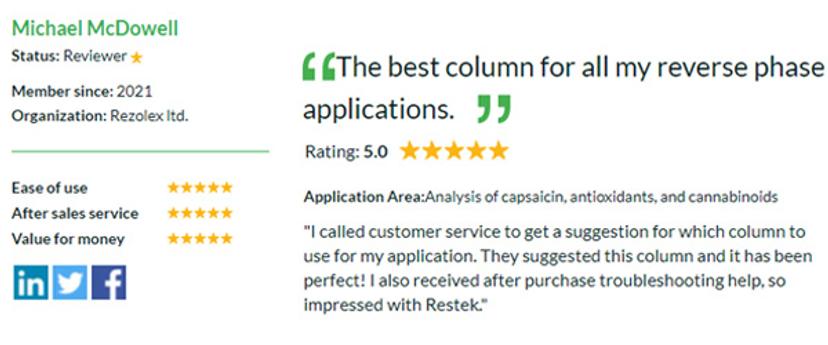New HPLC techniques pushing the limits of chromatography
In this compilation of top resources, explore the latest chromatographic techniques and technologies
12 Aug 2021

HPLC and UHPLC are both chromatographic techniques used to separate, identify and quantify components in liquid samples. Each component of the sample interacts differently with the adsorbent material in the chromatography columns being used, resulting in different flow rates for each component, causing them to be separated as they flow out of the column. HPLC and UHPLC have been used for pharmaceutical and biopharmaceutical manufacturing, forensic, research, and medical purposes for many years. However, the technology being used has moved forwards in leaps and bounds since its inception in the 1960s.
As part of our new Advances in HPLC special feature, we’ve compiled a selection of the new techniques and technologies helping researchers simplify the analysis of polar compounds, automate process monitoring in pharmaceutical and biopharmaceutical production, optimize oligonucleotide analysis, and more.
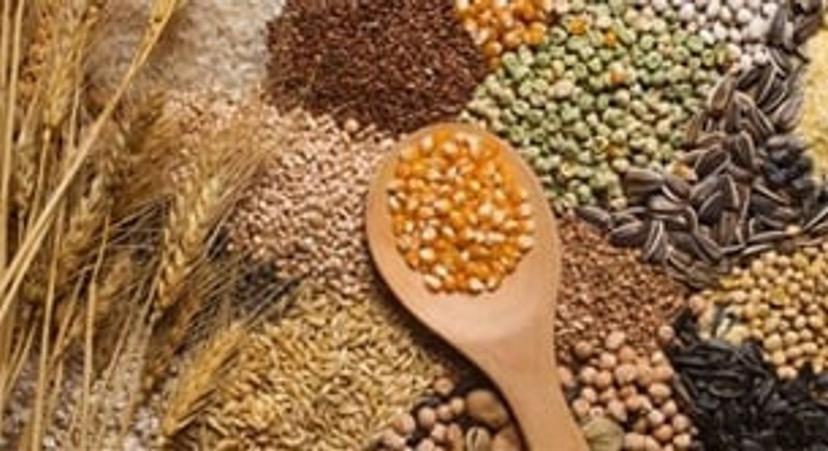
FOOD ANALYSIS: Simplifying polar compound analysis
In this SelectScience interview, Jeanette Langner, PiCA, discusses the challenges of detecting polar pesticides in food products and new LC column technology streamlining analysis.
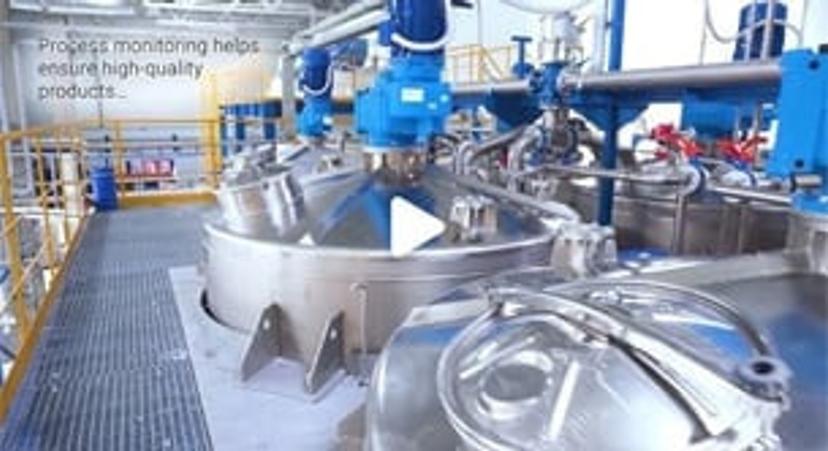
ONLINE HPLC: Keep pace with your processes
Designed as a tool for automated process monitoring, learn how the Agilent 1260 Infinity II Prime Online LC System provides real-time data for greater control and faster understanding of your processes.
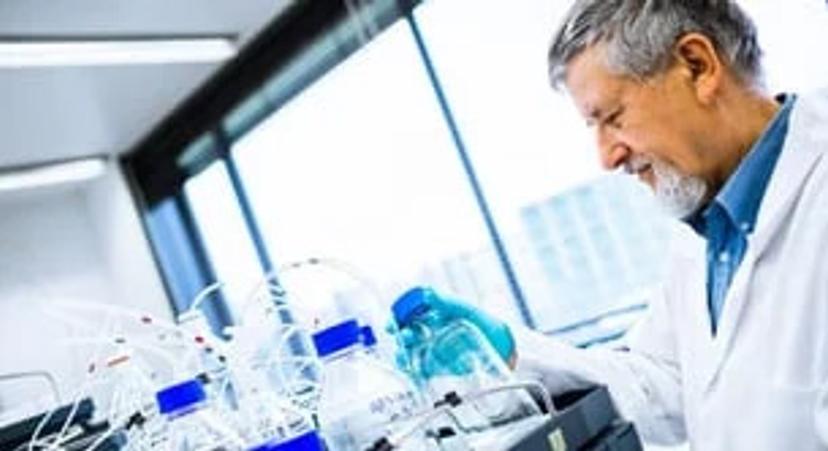
HPLC METHODS: Hear from the experts in our free webinar series
Chromatography experts discuss the latest HPLC methods for polar compounds, process monitoring, oligonucleotide analysis and more in our series of live and on-demand webinars.
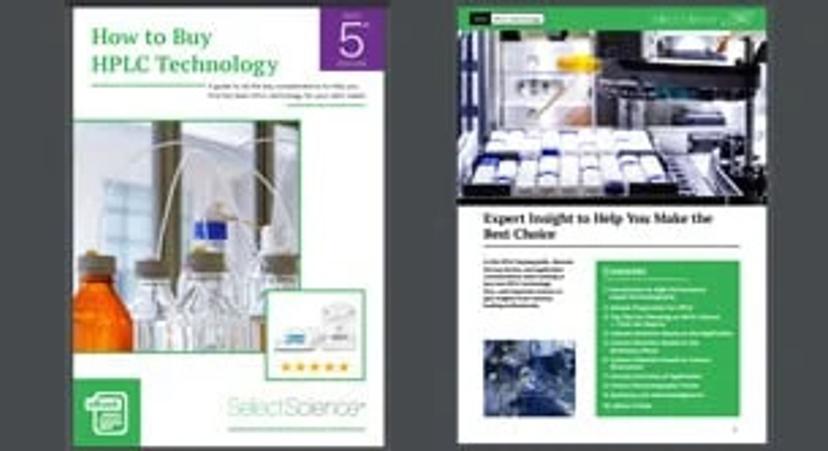
NEW TECHNOLOGY: How to buy HPLC technology
Discover the key factors and application considerations when looking to buy new columns, and read impartial reviews to gain insights from industry-leading professionals.
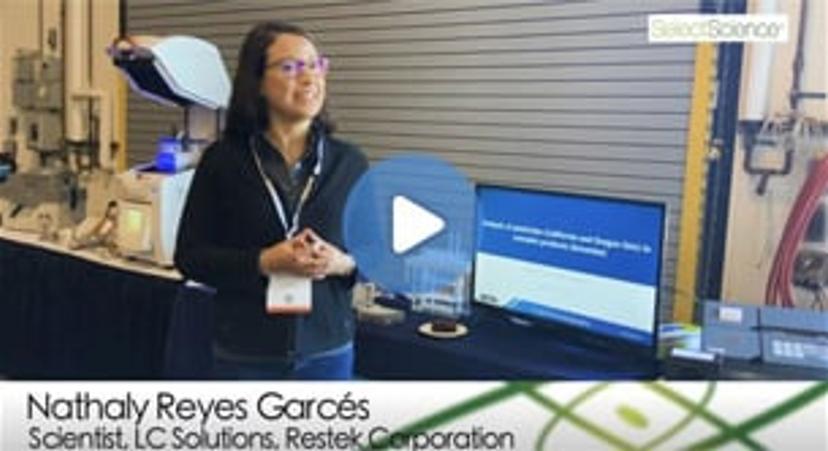
SOLVENT EXTRACTION: Accurate analysis of pesticides in cannabis
Dr. Nathaly Reyes Garcés discusses a simple liquid chromatography workflow for the analysis of cannabis products. Watch the video interview on The Scientists' Channel.
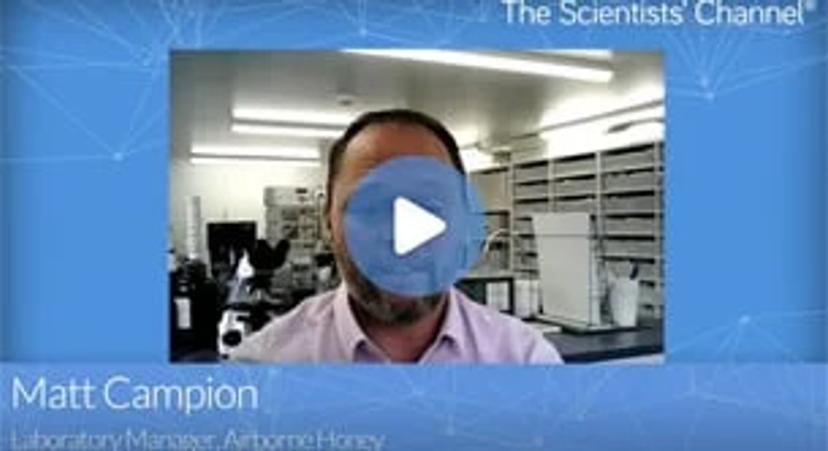
FRAUD PREVENTION: Robust analysis ensures honey authenticity
Watch Matt Campion, from Airborne Honey, as he tells The Scientists' Channel how robust HPLC analysis ensures its products are honest, undamaged, and traceable.
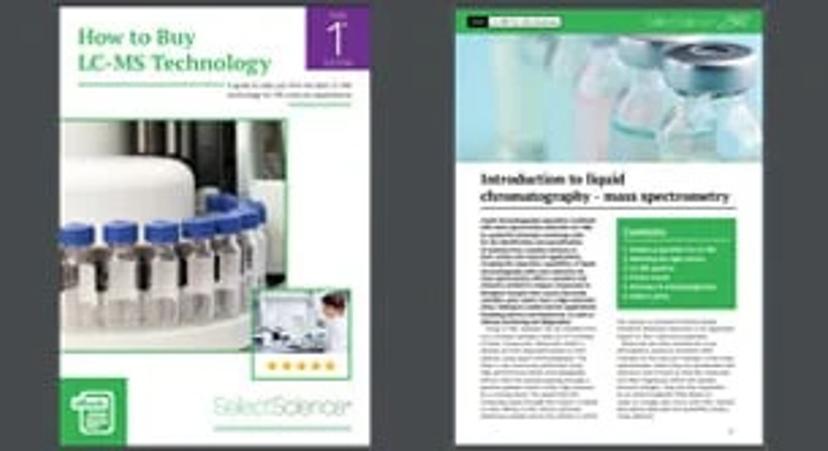
eBOOK: LC-MS technology for life sciences
In this free buying guide, discover the key factors and application considerations when looking to buy LC-MS technology, from sample prep solutions to the latest LC-MS systems.

NEXT-GEN TOOLS: Overcome analyte loss
Learn about common causes of non-specific adsorption, the impacts of metal-sensitive analyte loss, and next-gen chromatography solutions designed to tackle these issues.
Hear from the experts
Polar compound analysis: Connor Flannery, Restek, presents a simpler approach to the retention and separation of these challenging compounds — a unique stationary phase specifically designed to selectively retain polar analytes. Register for webinar >>
Automated process monitoring: Dr. Daniel Kutscher, Agilent Technologies, presents a newly developed online LC platform, which provides automated sample analysis via direct injections or retained samples from flow reactors, batch reactors, upstream bioreactors and downstream purification devices. Register for webinar >>
Software platforms: Dr. Dan Bach Kristensen, Symphogen—a Servier Company, shares examples of how to boost productivity by using the right LC-MS software to streamline analytical workflows and enable the use of MS as a routine detector. Watch webinar on demand >>
LC-MS automation: Dr Andrew Davison, Liverpool University Teaching Hospitals, and Dr Rachel Carling, Viapath-St Thomas’ Hospital, explain how easy it can be to implement fully automated LC-MS/MS technology in a routine clinical laboratory workflow, through an evaluation of the first fully automated clinical analyzer based on LC-MS/MS. Watch webinar on demand>>
HPLC selectivity: Dr. Jason Anspach, Phenomenex, discusses the basics of chromatographic selectivity and provides you with a template to help you decide between fully porous or core-shell particles to get the most out of your pharmaceutical separations. Watch webinar on demand >>
Your recommendations
Find out what scientists around the world are saying about the products they use! Michael McDowell, Rezolex, shared this review of Restek’s Raptor Polar X LC Columns.
